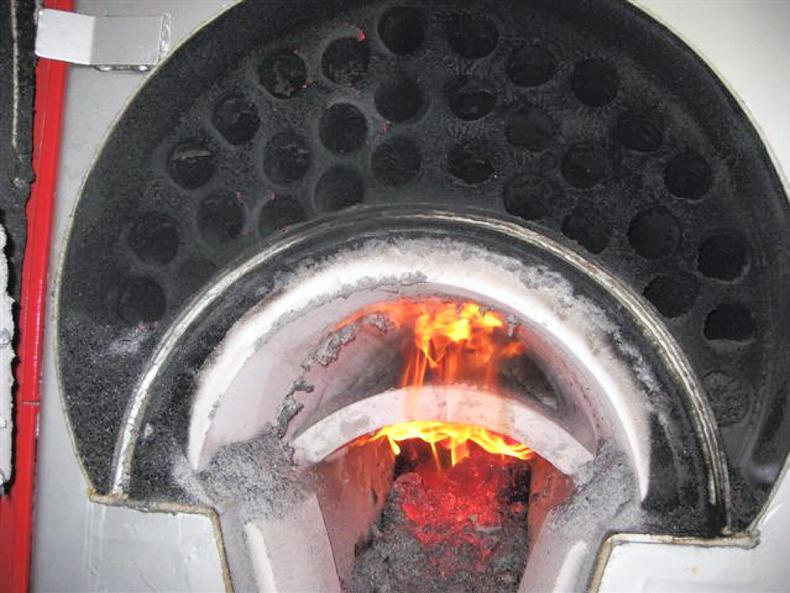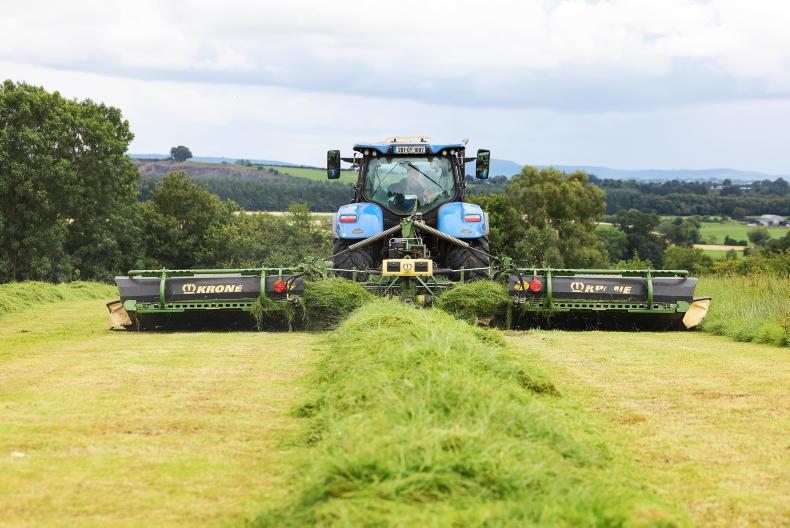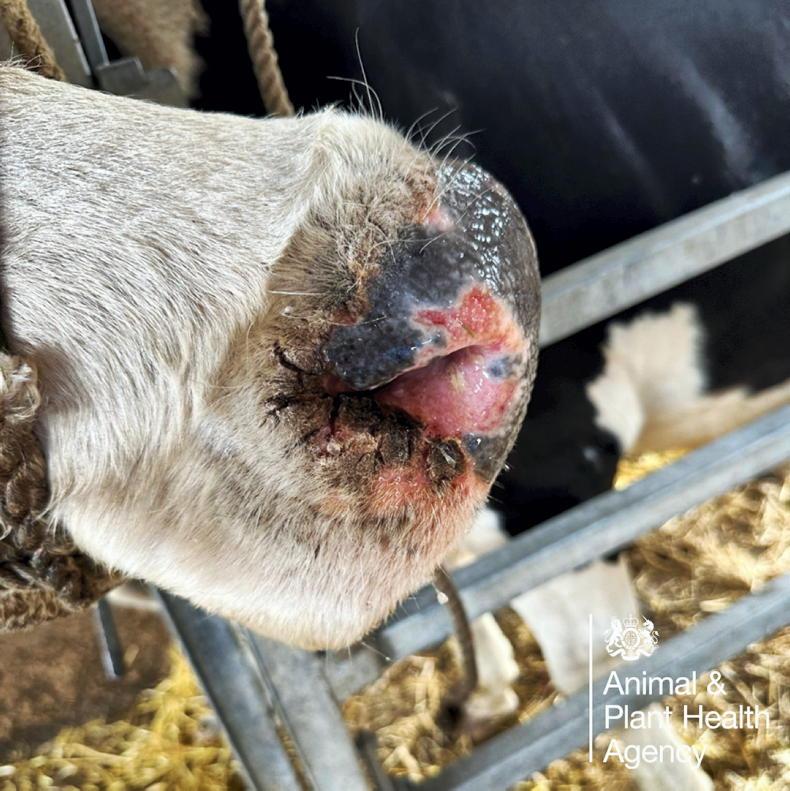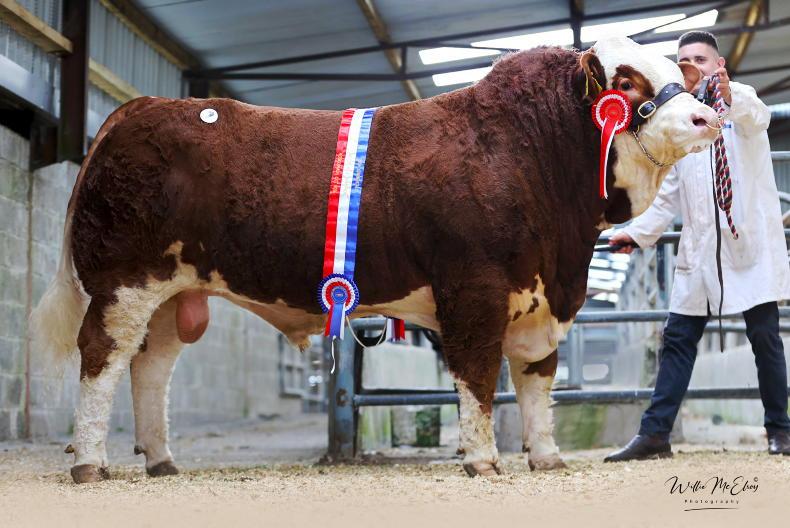An increase to Renewable Heat Incentive (RHI) tariffs in NI has been proposed by the Department for the Economy (DfE).
The change would apply retrospectively from 1 April 2020 and would see the maximum annual payment for a 99kW biomass boiler increase from £2,340 to £3,250.
It is based on the tier 1 tariff, which applies to first 1,314 hours of heat generated each year, increasing from 1.8p/kWh to 2.5p/kWh.
DfE also proposes changing the tier 1 tariff for boilers up to 199kW in size from 1.3p/kWh to 1.4p/kWh. This would rise the maximum annual payment by £260, taking it to £3,640.
The proposals are set out in a public consultation which opened to responses for a four-week period on Tuesday.
The review concludes that higher RHI tariff rates are needed in NI
The document does not mention closing the RHI scheme, which was part of the New Decade, New Approach deal agreed by all NI political parties in January 2020.
The new proposals from DfE stem from a review of RHI tariffs conducted by consultancy firm Cornwall Insights.
The review concludes that higher RHI tariff rates are needed in NI due to an increase in the cost of biomass fuel and boiler maintenance, as well as a reduction in boiler usage by scheme participants.
Responding to proposals, Andrew Trimble from the Renewable Heat Association said that RHI claimants “will be furious” with the revised tariffs. He points to the RHI scheme in Britain, where a 99kW can gross £15,500 each year, compared to £3,250 in NI.
The Cornwall consultants compared the RHI schemes in Britain and NI. Despite tariffs now being lower in NI, they calculate that from 2013 to 2019 NI claimants still received more, due to higher annual payments in the early years of the scheme.
Read more
Huge difference in renewable heat tariffs
RHI claimants prepare for latest legal battle
An increase to Renewable Heat Incentive (RHI) tariffs in NI has been proposed by the Department for the Economy (DfE).
The change would apply retrospectively from 1 April 2020 and would see the maximum annual payment for a 99kW biomass boiler increase from £2,340 to £3,250.
It is based on the tier 1 tariff, which applies to first 1,314 hours of heat generated each year, increasing from 1.8p/kWh to 2.5p/kWh.
DfE also proposes changing the tier 1 tariff for boilers up to 199kW in size from 1.3p/kWh to 1.4p/kWh. This would rise the maximum annual payment by £260, taking it to £3,640.
The proposals are set out in a public consultation which opened to responses for a four-week period on Tuesday.
The review concludes that higher RHI tariff rates are needed in NI
The document does not mention closing the RHI scheme, which was part of the New Decade, New Approach deal agreed by all NI political parties in January 2020.
The new proposals from DfE stem from a review of RHI tariffs conducted by consultancy firm Cornwall Insights.
The review concludes that higher RHI tariff rates are needed in NI due to an increase in the cost of biomass fuel and boiler maintenance, as well as a reduction in boiler usage by scheme participants.
Responding to proposals, Andrew Trimble from the Renewable Heat Association said that RHI claimants “will be furious” with the revised tariffs. He points to the RHI scheme in Britain, where a 99kW can gross £15,500 each year, compared to £3,250 in NI.
The Cornwall consultants compared the RHI schemes in Britain and NI. Despite tariffs now being lower in NI, they calculate that from 2013 to 2019 NI claimants still received more, due to higher annual payments in the early years of the scheme.
Read more
Huge difference in renewable heat tariffs
RHI claimants prepare for latest legal battle









SHARING OPTIONS